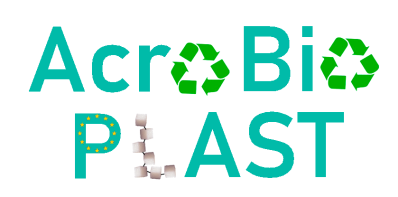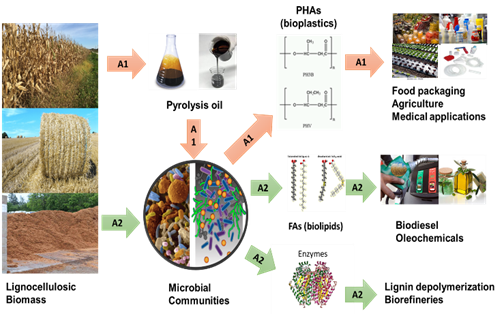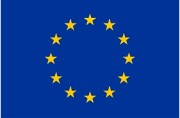BENEFICCEBioENErgy from biomass and bio-oil Fermentation using mIcrobial Communities to produce Chemicals and Enzymes
EU-H2020 Project
Duration: 1-10-2020 au 31-05-2023
About
BENEFICCE-H2020 project was born on the 1st October 2020 thanks to a Marie-Sklodowska-Curie grant, and it was also granted with a Carnot-ISIFOR founding.
The main objective of the project is to develop a sustainable-low carbon technology to produce biodegradable and bio-sourced plastics and lipids from lignocellulosic biomass. The biomass used is the waste produced from local agricultural activities (mainly corn straw).
The bio-refinery process that will be developed consists in the utilization of microbial communities, isolated from hydrocarbon-polluted environments. These microbial communities have the ability to degrade polycyclic aromatic hydrocarbons, and to use it as a carbon source. Within this microbial communities, two groups will be isolated and enriched:
- A community capable to produce polyhydroxyalcanoates (PHAs), a biodegradable and biocompatible plastic, using bio-oil as a carbon source. The bio-oil will be produced from pyrolysis of agricultural waste.
- A community capable to produce lipids and ligninolytic enzymes by direct biomass (agricultural waste) fermentation.
Both the microbial communities isolated from environmental samples, and the waste of agricultural local activities, are low-cost raw materials. BENEFICCE-H2020 project will transform the low cost raw material in industrial added value . To reach this aim, BENEFICCE develops a process that will minimizes the CO2 emissions and reduces the production costs, making it competitive for an industrial application.
BENEFICCE project is being developed at the IPREM, Environmental Chemistry and Microbiology Pole, at the IBEAS building. Part of the project will be developed in collaboration with international partners, including the Sustainable Process Engineering group (SUPREN) at the Basque Country University (Spain), the Food and Biobased Research Group of Wageningen University (Netherlands) and at FUTURENERGY, our industrial partner in UK.
BENEFICCE is not only an applied research project, but also an educational project. Master students are welcome to participate. Stages, conferences and seminars will be regularly organized during its two years life.
Coordination: María Lorena Falco (ml.falco @ univ-pau.fr) - EU/MSC Post-Doctoral Researcher- UPPA-IPREM
Supervision: Robert Duran - Professor UPPA-CNRS- IPREM
Collaboration: Cristiana Cravo-Laureau - Assistant Professor HDR UPPA-CNRS- IPREM
Partners
|
Basque Country University (UPV/EHU)- Spain |
|
|
Acknowledgements
|
This project has received funding from the European Union’s Horizon 2020 research and innovation program, under grant agreement No. 892764 |
|








_75x380.png)










